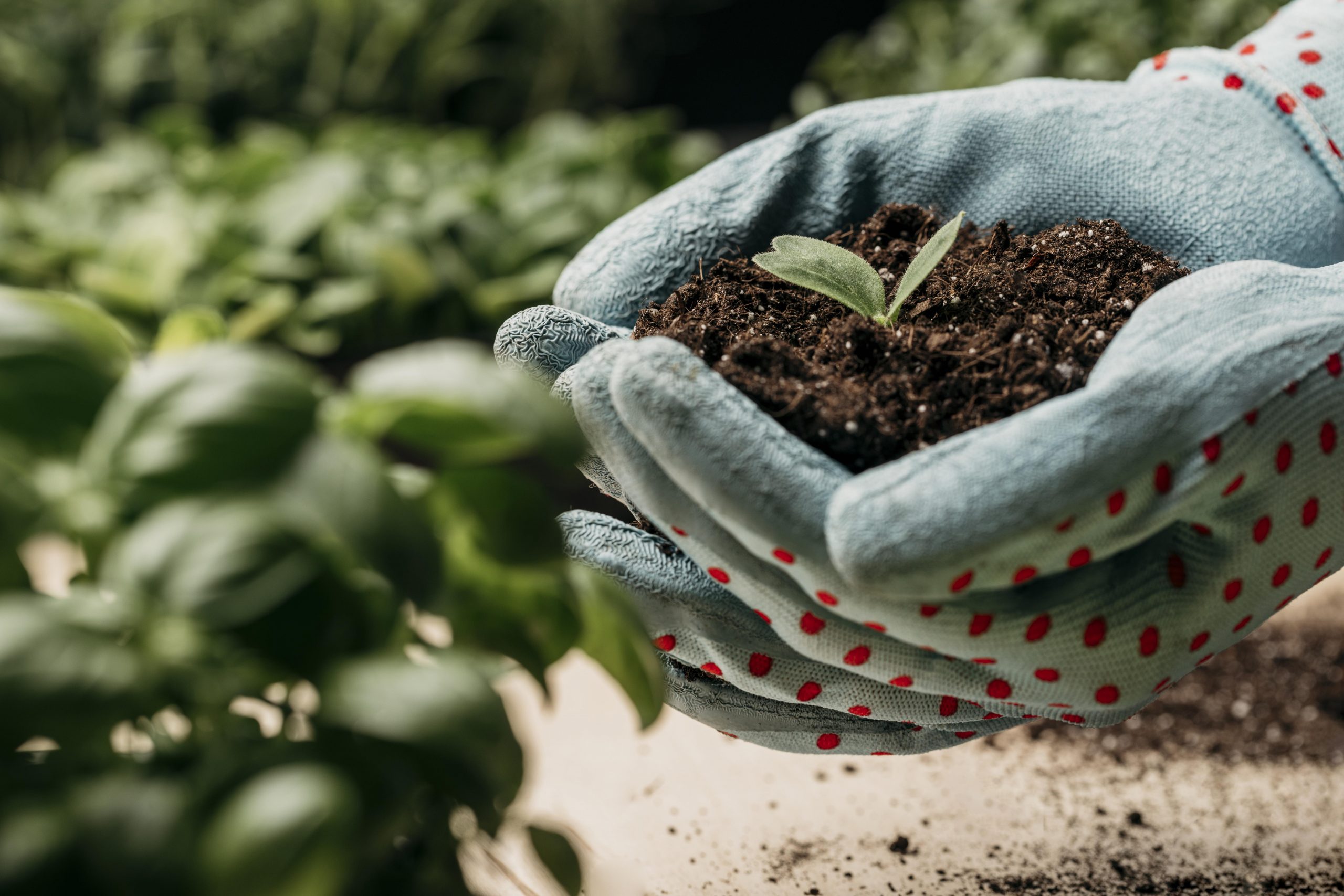
Organic fertilizers to increase soil health and crop resilience against climate change
Chemical fertilizers are one of the main sources of air, soil and water pollution, which has led the European Commission to establish reduction targets of up to 20 percent of these products in 2030. This impact on the environment, together with its high cost – which in 2022 will have quintupled due to energy prices – advise a rapid transition towards the use of more sustainable fertilizers away from fossil fuels.
The University of Barcelona (UB) participates in a project to develop an organic fertilizer combining two innovative bioproducts that will stimulate and increase the adaptation of crops to the adverse impact of climate change, without the polluting effects of chemical products.
The UB’s participation in the project – led by the company Fertinagro Biotech – is co-directed by researchers from the Sustainable Biotechnology and Bioremediation (BSB) group Joaquim Vila, Salvador Lladó and Magdalena Grifoll, all of them professors at the Department of Genetics, Microbiology and Statistics of the Faculty of Biology. The company Fertinagro Organia is also part of the consortium.
Root exudates to stimulate crops
This new fertilizer is based on an innovative concept based on agroecological theory: “biostimulate the native microbial communities of the soil, while directly stimulating the plant and improving the general conditions of the soil,” the researchers explain. To do this, the idea is to combine two bioproducts that will also be developed during the three years of the project.
Firstly, they will work on obtaining a biostimulant based on specific components of the plant’s root exudation. “One of the most sustainable ways to increase efficiency in crop production is by emulating the symbiotic interactions between plants, soils and microorganisms, which evolved over millions of years in nature. Plant-derived root exudates modulate plant-microbiome interactions, being used by plants to attract beneficial microorganisms,” the researchers highlight.
These types of molecules have been, according to researchers, overlooked for the biotechnological development of bio-based fertilizer products. Thus, during the project, components exuded by different species and/or varieties of plants when exposed to various stress factors, such as drought or heat, will be identified and selected with the aim of becoming future “biostimulants with the capacity to increase resilience.” of crops in the face of the same type of stressors,” they emphasize.
Biochar from organic waste
The second component of the future biofertilizer will be a biochar, or biochar, a structured carbon product that increases the water retention capacity of the soil, which makes it an ideal material for improving agricultural productivity in soils from the Mediterranean environment, which have a low content of organic matter and low water availability. Furthermore, this biochar is obtained from organic waste such as pruning remains or remains from wine or olive production, among others, which are usually difficult to recover, due to their high content of polyphenols and aromatic compounds, thus promoting the circular economy.
The goal is to obtain an enriched biochar that overcomes the limitations of this type of product for use in agricultural fertilizers. “The process of transforming organic waste into biochar leads to the formation of polycyclic aromatic hydrocarbons (PAHs), substances that remain immersed in the biochar and are toxic and persistent, so their presence is subject to severe legal restrictions,” the researchers emphasize. During the project, microorganisms specialized in the degradation of these PAHs will be selected and integrated to reduce the concentration of these compounds, which will give rise to “an enriched biochar, with lower risk for agricultural use than current products, adapted to legal restrictions.” and with plant growth promoting activity,” they add.
A soil enhancer for conventional and organic agriculture
Finally, with the combination of both prototypes (enriched biochar and root biostimulant), a soil enhancer prototype will be developed and validated, combining the structuring properties of biochar, with the ability to attract and release the full potential of the soil microbiome for the benefit of sustainability and resilience, both of conventional and organic or agroecological agriculture. “This mixed approach is of special relevance in soils such as Mediterranean soils, with a low amount of organic matter and increasingly exposed to the effects of drought, heat waves and other impacts of climate change and degradation,” the researchers conclude. , who have a fundamental role in the project thanks to their extensive experience in the field of bioremediation of PAHs and soil microbial ecology related to the impacts of climate change on agricultural productivity.
The project, with reference CPP2022-009699, has obtained aid of 605,177.50 euros, of which 269,847 euros have been awarded as a subsidy to the UB, within the framework of the Public-Private Partnership Projects line, call 2022, of the State Plan for Scientific, Technical and Innovation Research 2021-2023, within the framework of the Recovery, Transformation and Resilience Plan.

